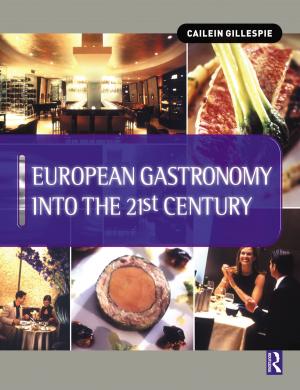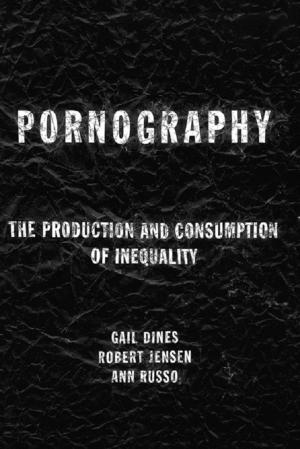Public History and the Food Movement
Adding the Missing Ingredient
Nonfiction, Social & Cultural Studies, Social Science, Archaeology| Author: | Michelle Moon, Cathy Stanton | ISBN: | 9781351627429 |
| Publisher: | Taylor and Francis | Publication: | August 4, 2017 |
| Imprint: | Routledge | Language: | English |
| Author: | Michelle Moon, Cathy Stanton |
| ISBN: | 9781351627429 |
| Publisher: | Taylor and Francis |
| Publication: | August 4, 2017 |
| Imprint: | Routledge |
| Language: | English |
Public History and the Food Movement argues that today’s broad interest in making food systems fairer, healthier, and more sustainable offers a compelling opportunity for the public history field.
Moon and Stanton show how linking heritage institutions’ unique skills and resources with contemporary food issues can offer accessible points of entry for the public into broad questions about human and environmental resilience. They argue that this approach can also benefit institutions themselves, by offering potential new audiences, partners, and sources of support at a time when many are struggling to remain relevant and viable. Interviews with innovative practitioners in both the food and history fields offer additional insights.
Drawing on both scholarship and practice, Public History and the Food Movement presents a practical toolkit for engagement. Demonstrating how public historians can take on a vital contemporary issue while remaining true to the guiding principles of historical research and interpretation, the book challenges public historians to claim an expanded role in today’s food politics. The fresh thinking will also be of interest to public historians looking to engage with other timely issues.
Public History and the Food Movement argues that today’s broad interest in making food systems fairer, healthier, and more sustainable offers a compelling opportunity for the public history field.
Moon and Stanton show how linking heritage institutions’ unique skills and resources with contemporary food issues can offer accessible points of entry for the public into broad questions about human and environmental resilience. They argue that this approach can also benefit institutions themselves, by offering potential new audiences, partners, and sources of support at a time when many are struggling to remain relevant and viable. Interviews with innovative practitioners in both the food and history fields offer additional insights.
Drawing on both scholarship and practice, Public History and the Food Movement presents a practical toolkit for engagement. Demonstrating how public historians can take on a vital contemporary issue while remaining true to the guiding principles of historical research and interpretation, the book challenges public historians to claim an expanded role in today’s food politics. The fresh thinking will also be of interest to public historians looking to engage with other timely issues.















